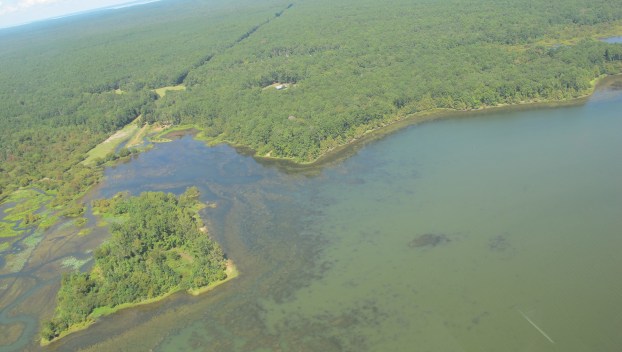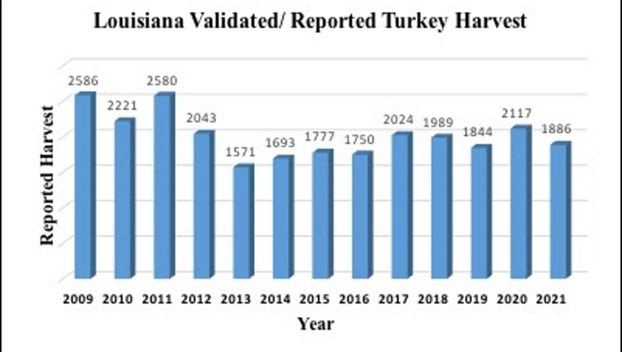
Outdoors
Biologists, bass fishermen rejoice as hydrilla returns to Toledo Bend
Grass, specifically hydrilla, isn’t always greener on the other side but there is much more of it now ... Read more

Grass, specifically hydrilla, isn’t always greener on the other side but there is much more of it now ... Read more

Life as we know it for recreational speckled trout fishermen around here and along the Louisiana coast is ... Read more

Hundreds and hundreds of bass fishermen excelled at fishing dense grass beds, predominantly hydrilla, to catch bass for ... Read more

Several of the Teche Area’s ardent turkey hunters talked excitedly, heck, breathlessly, this past season about harvesting at ... Read more

COTEAU HOLMES — Lake Dauterive-Fausse Pointe’s bass population was supposed to grow by 500,000 sometime in March or ... Read more

LAFAYETTE — Lake Fausse Pointe’s bass population is sure to grow considerably this year no matter the degree ... Read more
If you are a speckled trout fisherman, no matter if your level of passion ranges from casual to ... Read more
BATON ROUGE — Hunters who want to look at proposed hunting seasons and regulations for 2020-21 and 2021-22 ... Read more

LAFAYETTE — Tony Vidrine has seen the flooding and loss of wildlife before and never wanted to see ... Read more

CYPREMORT POINT — Ben Young had nine redfish laid out on the open tailgate of the pickup truck ... Read more